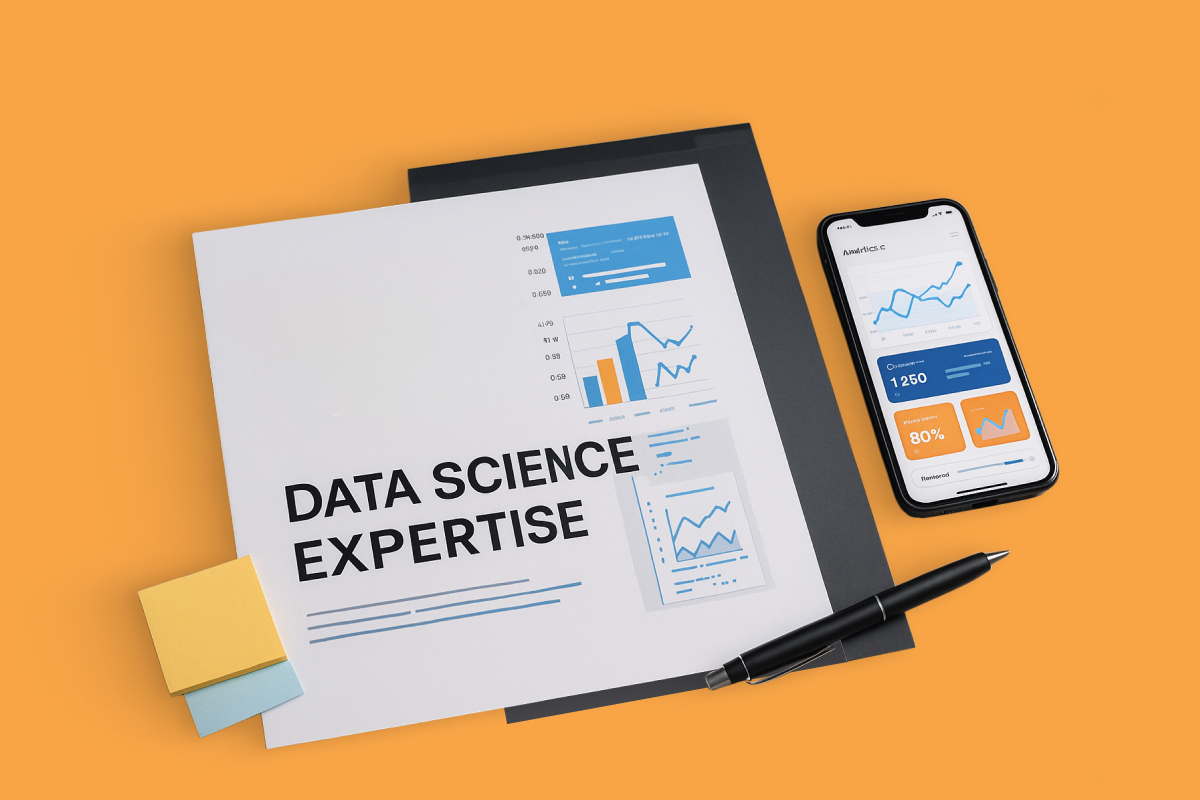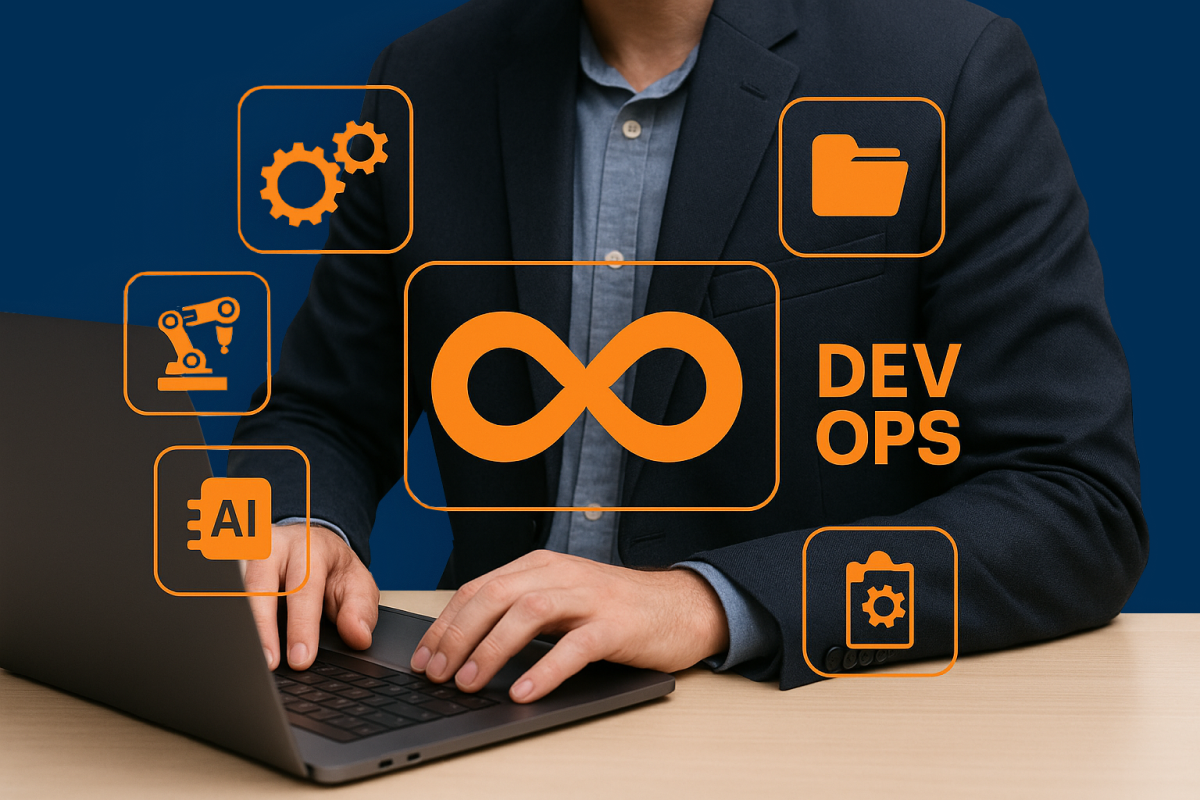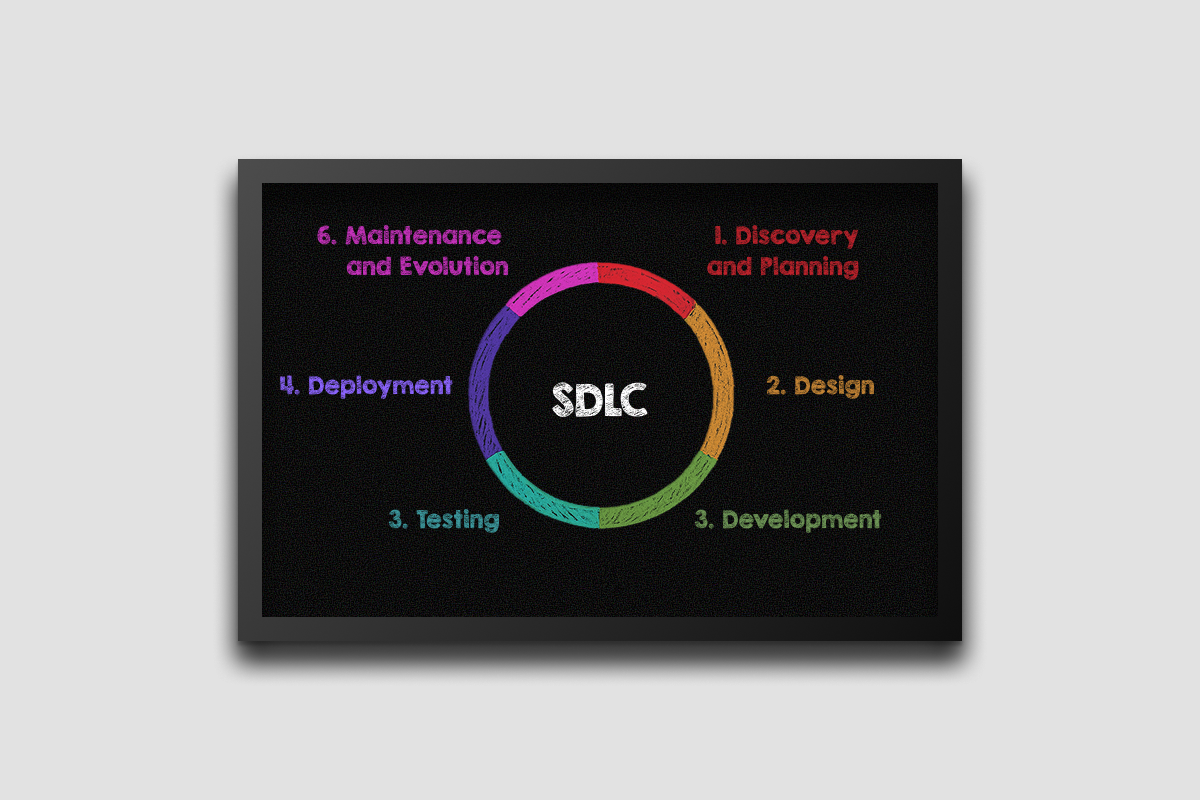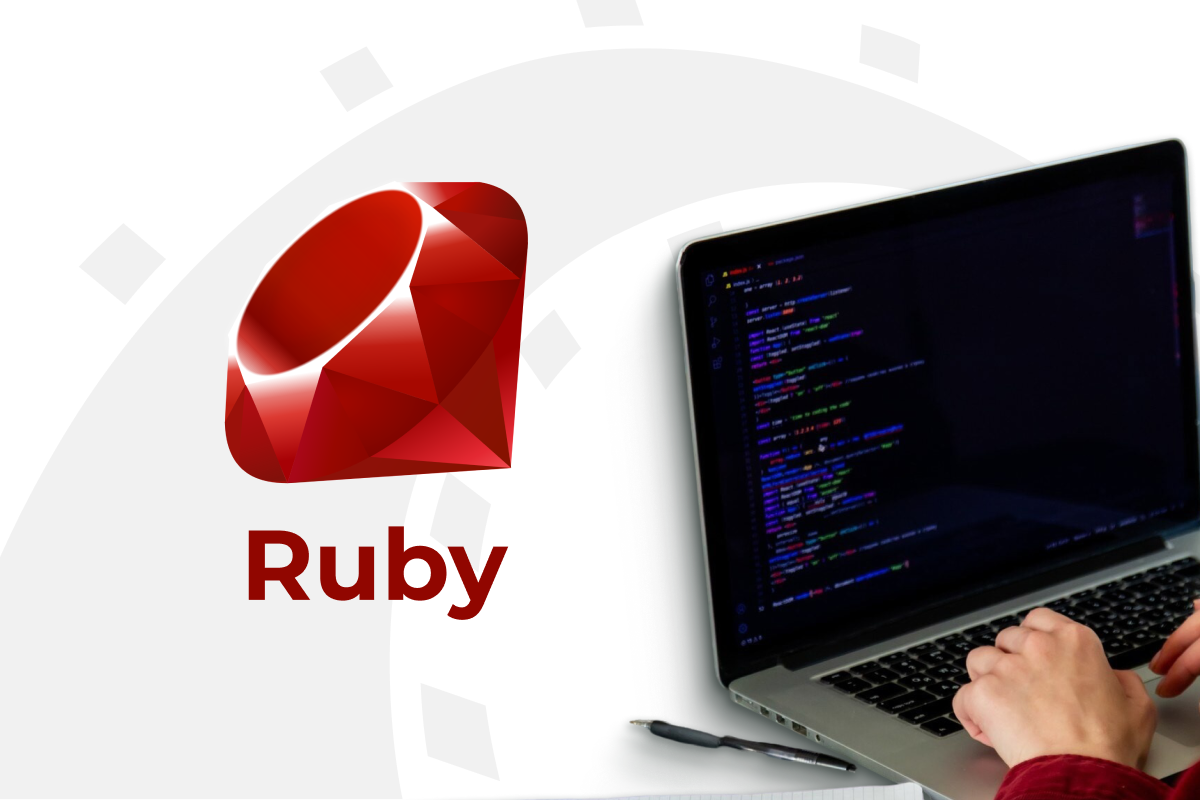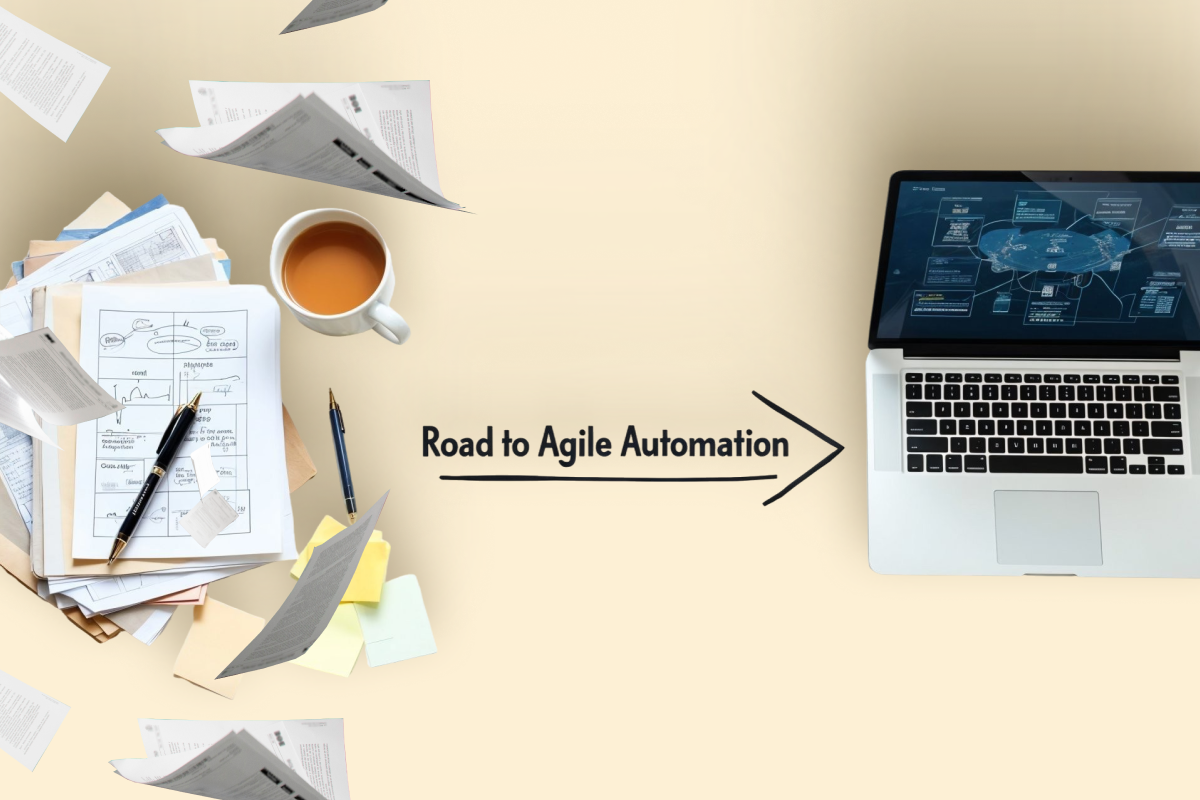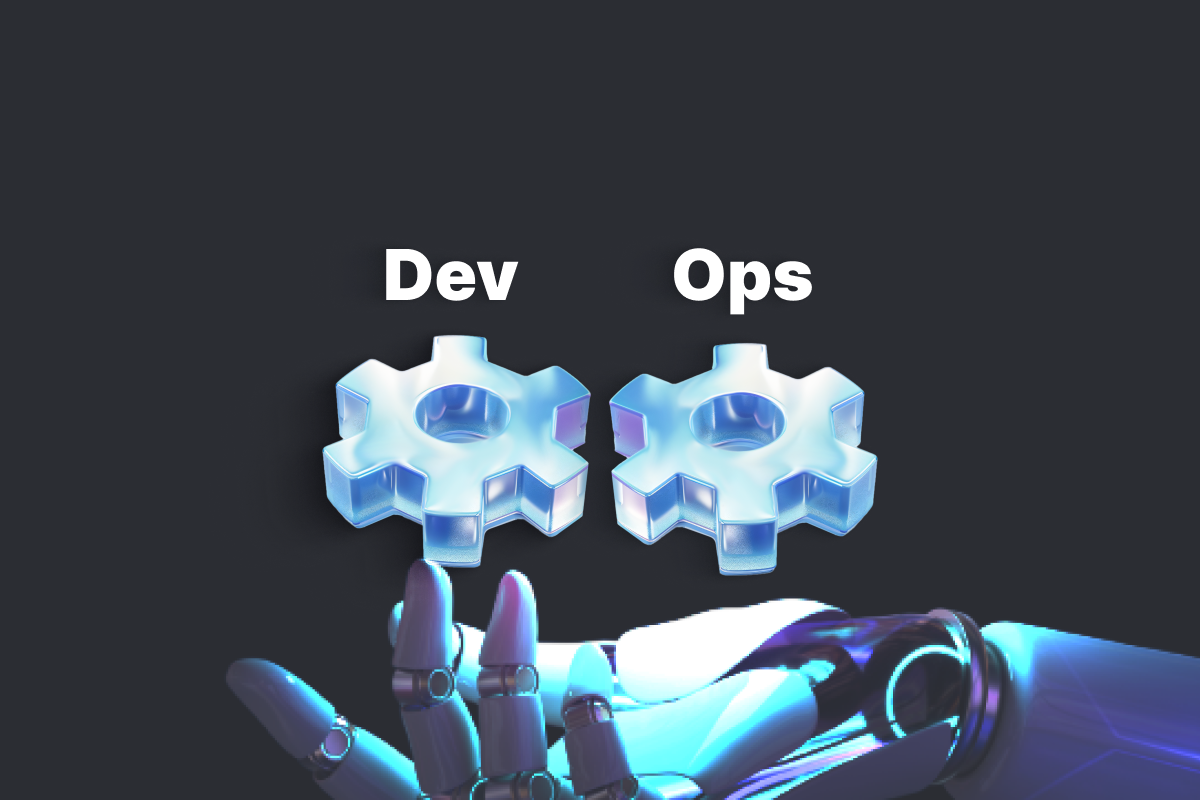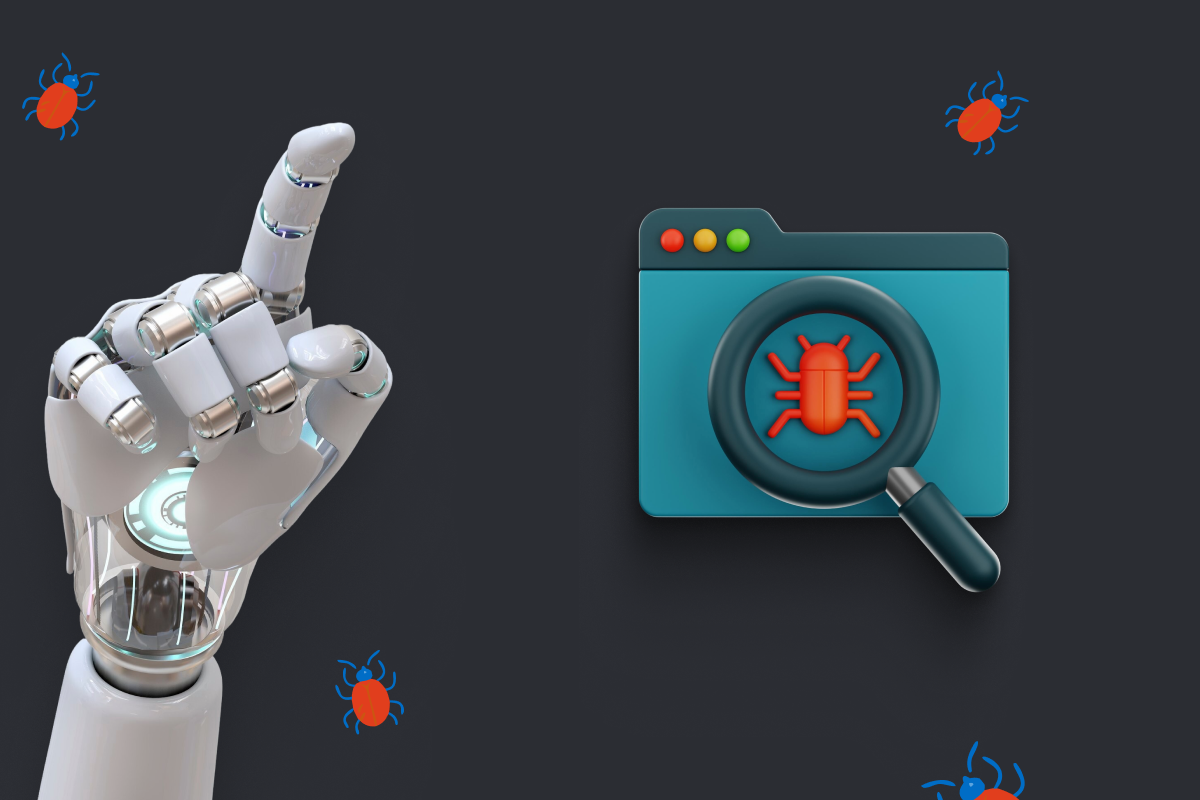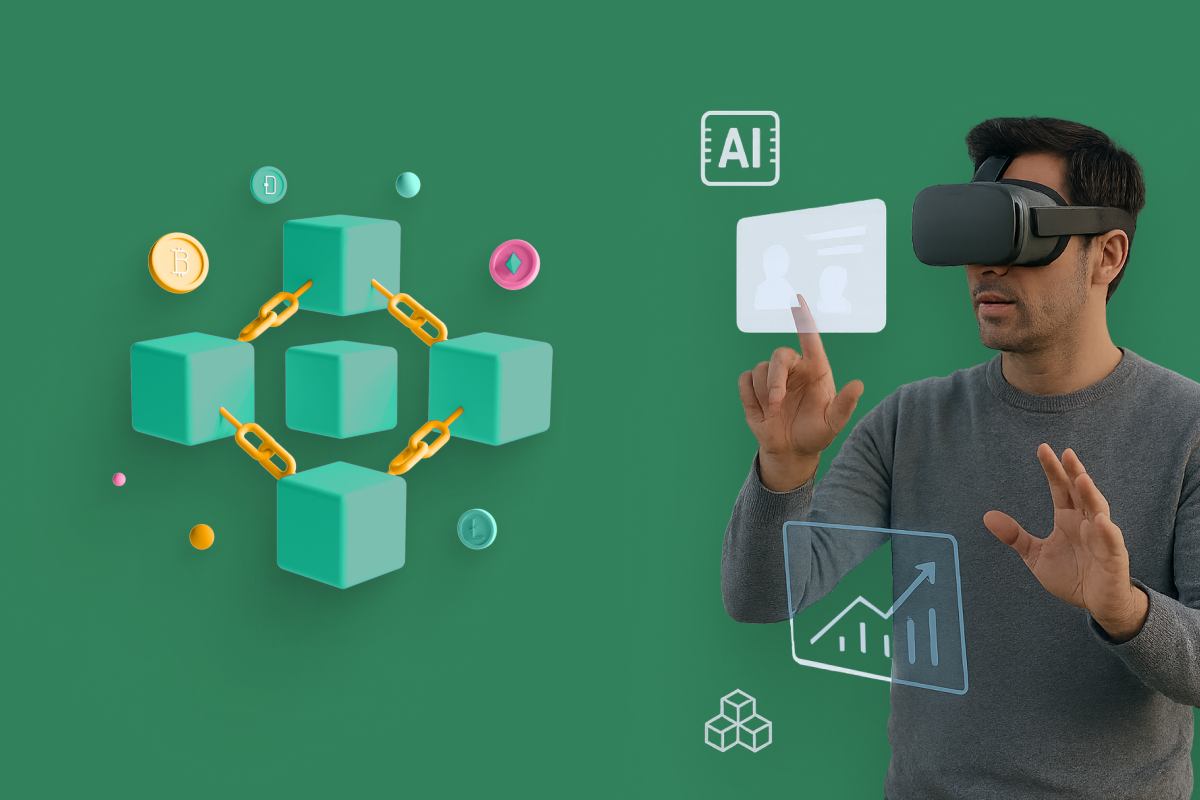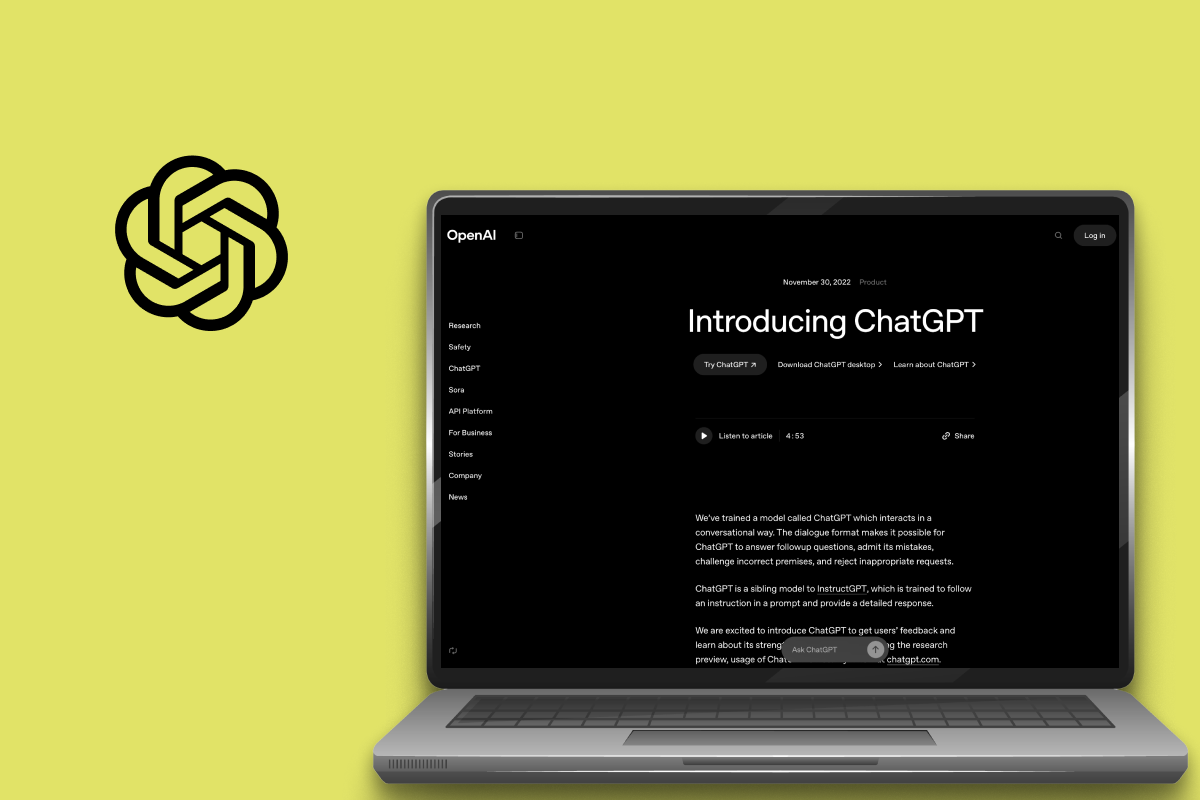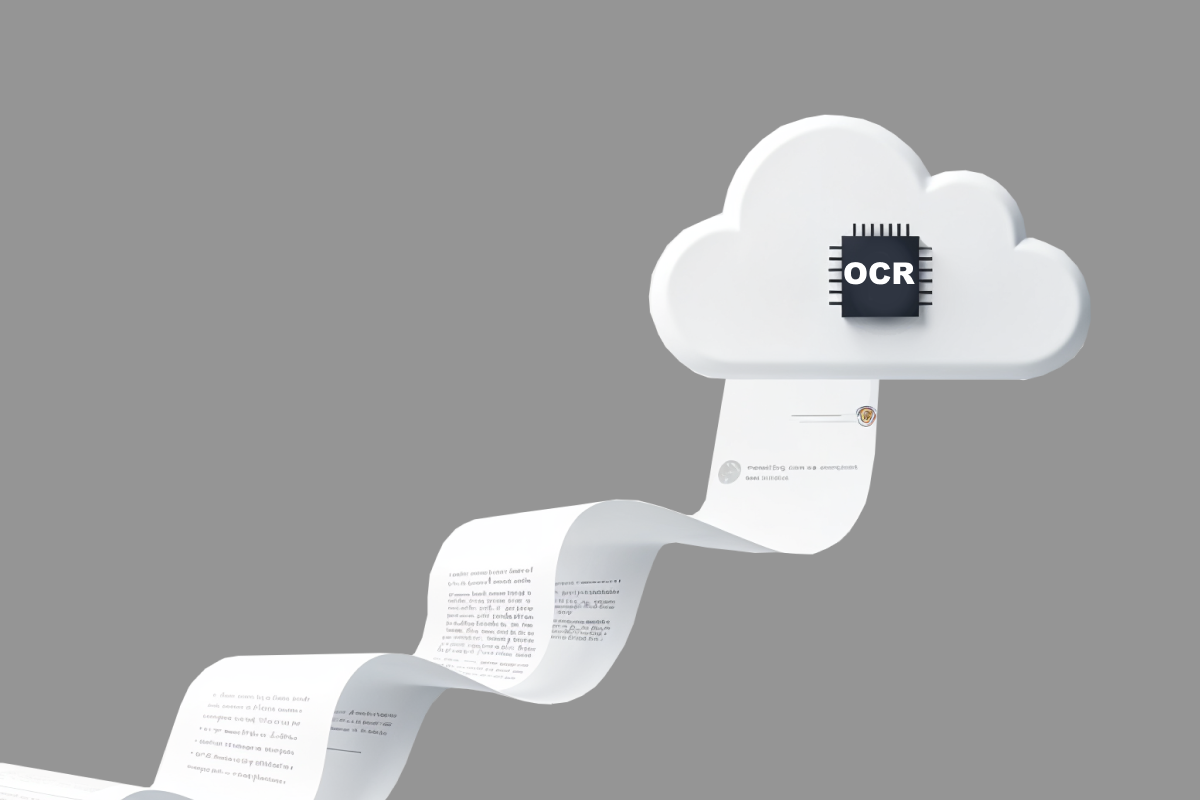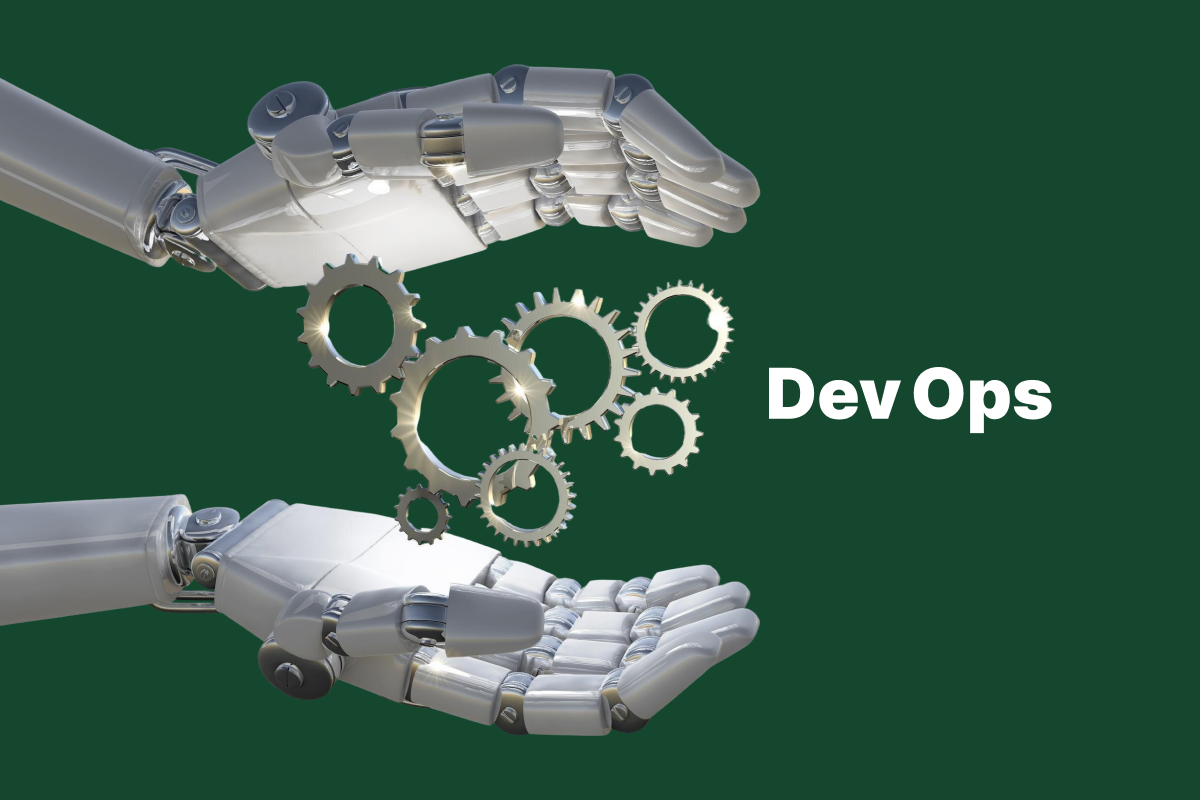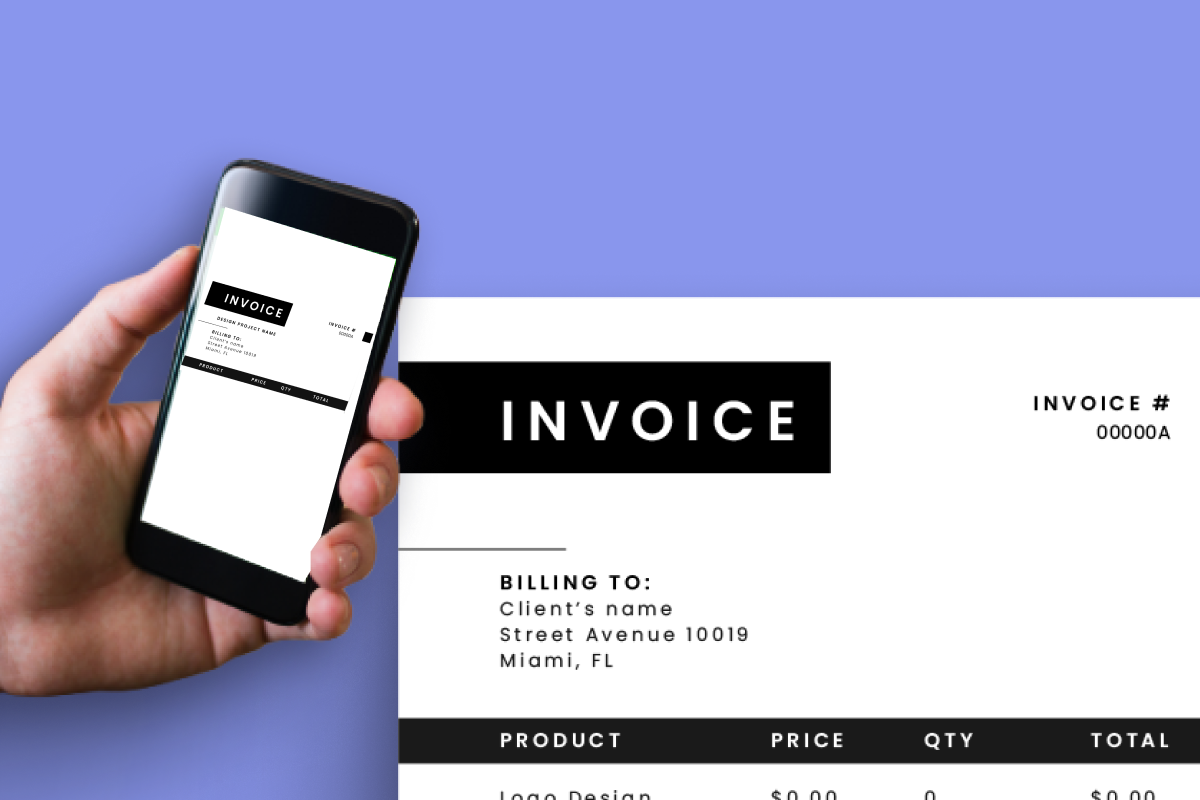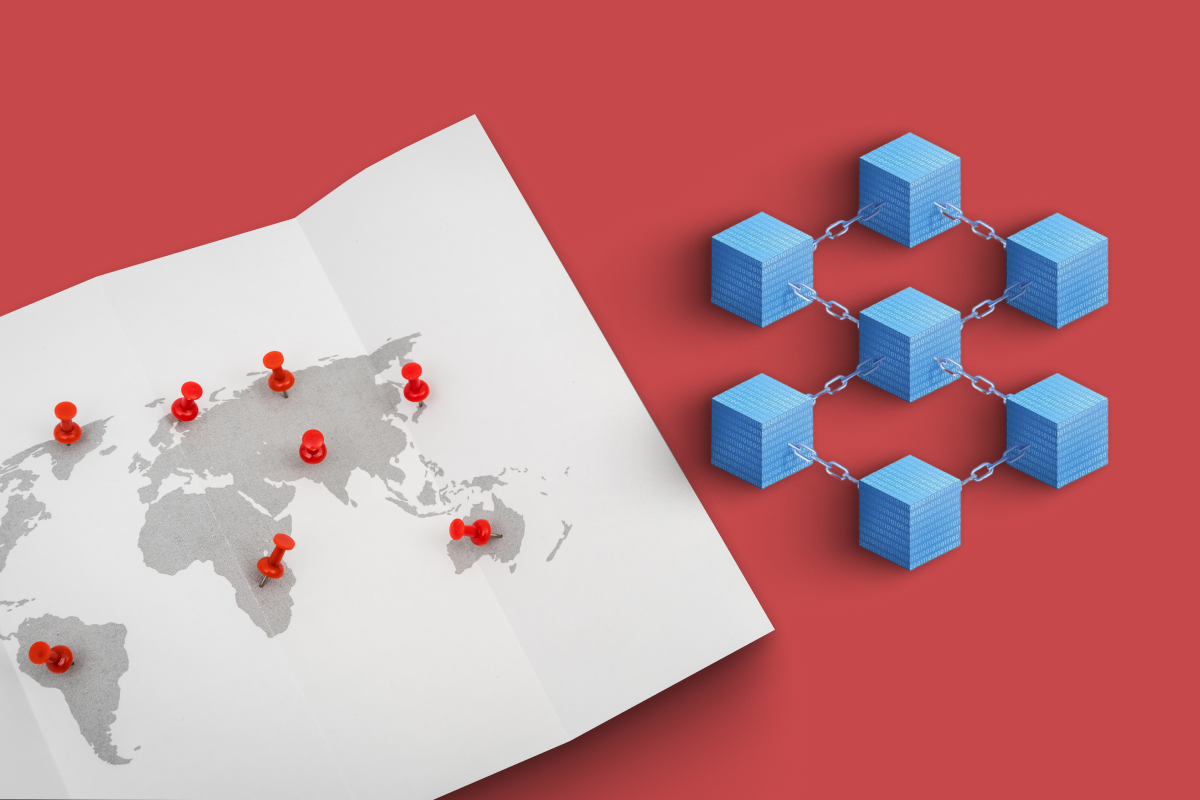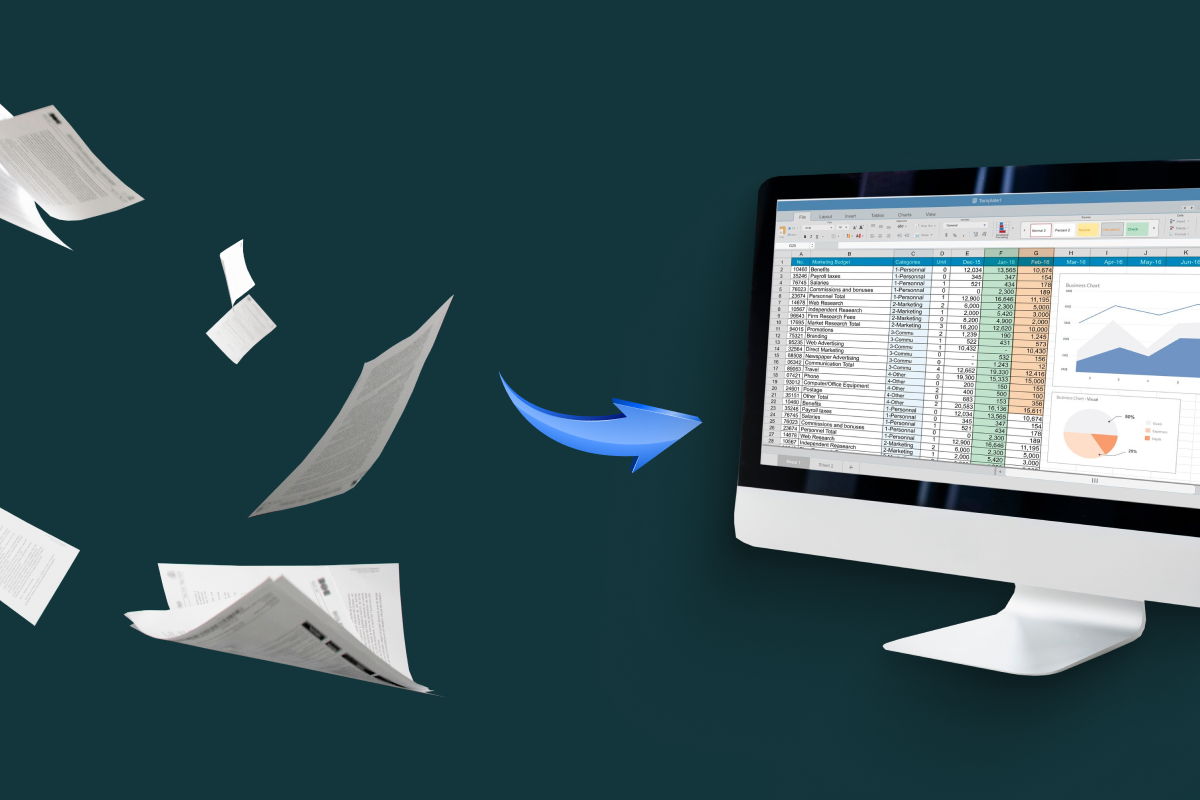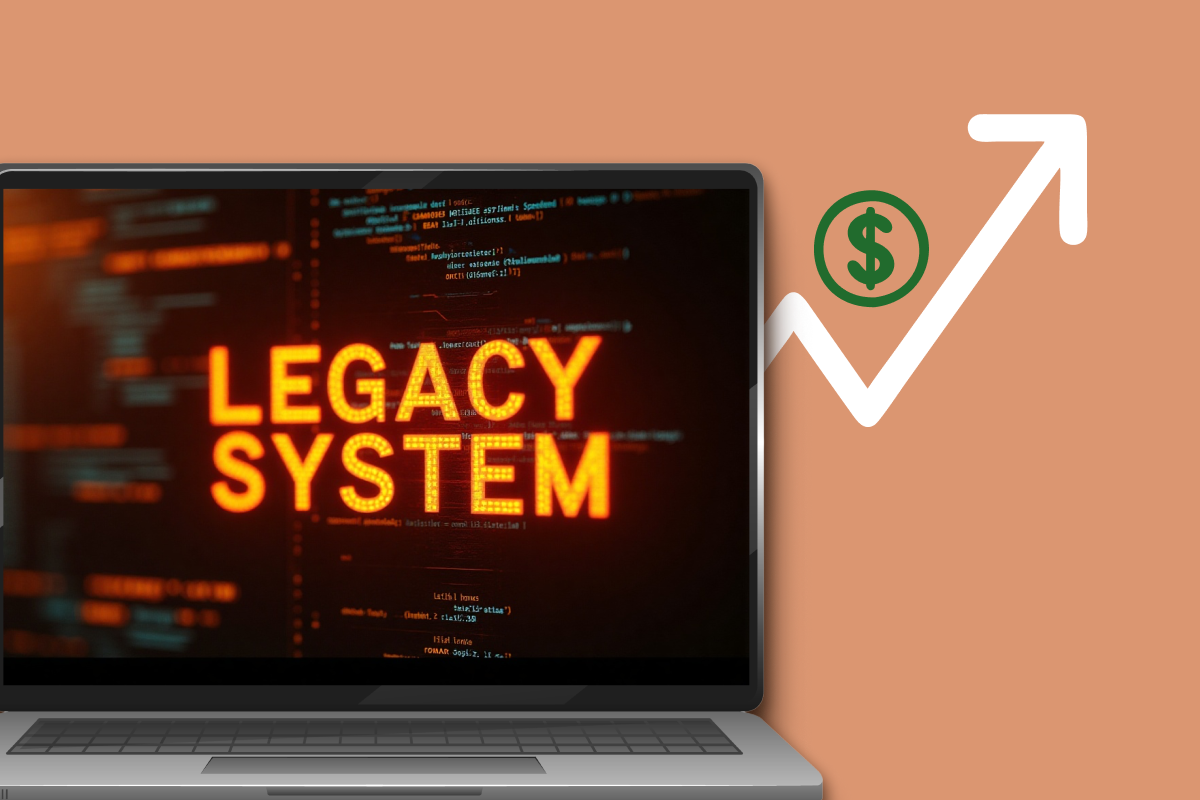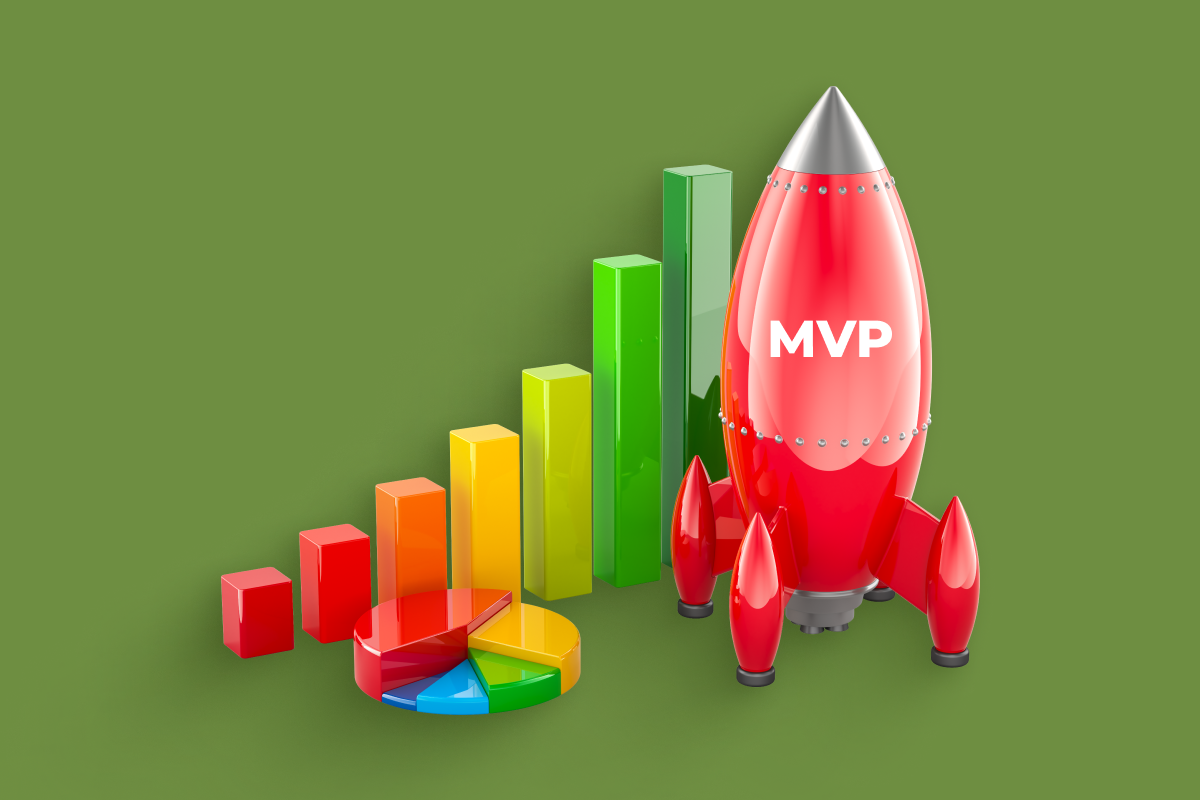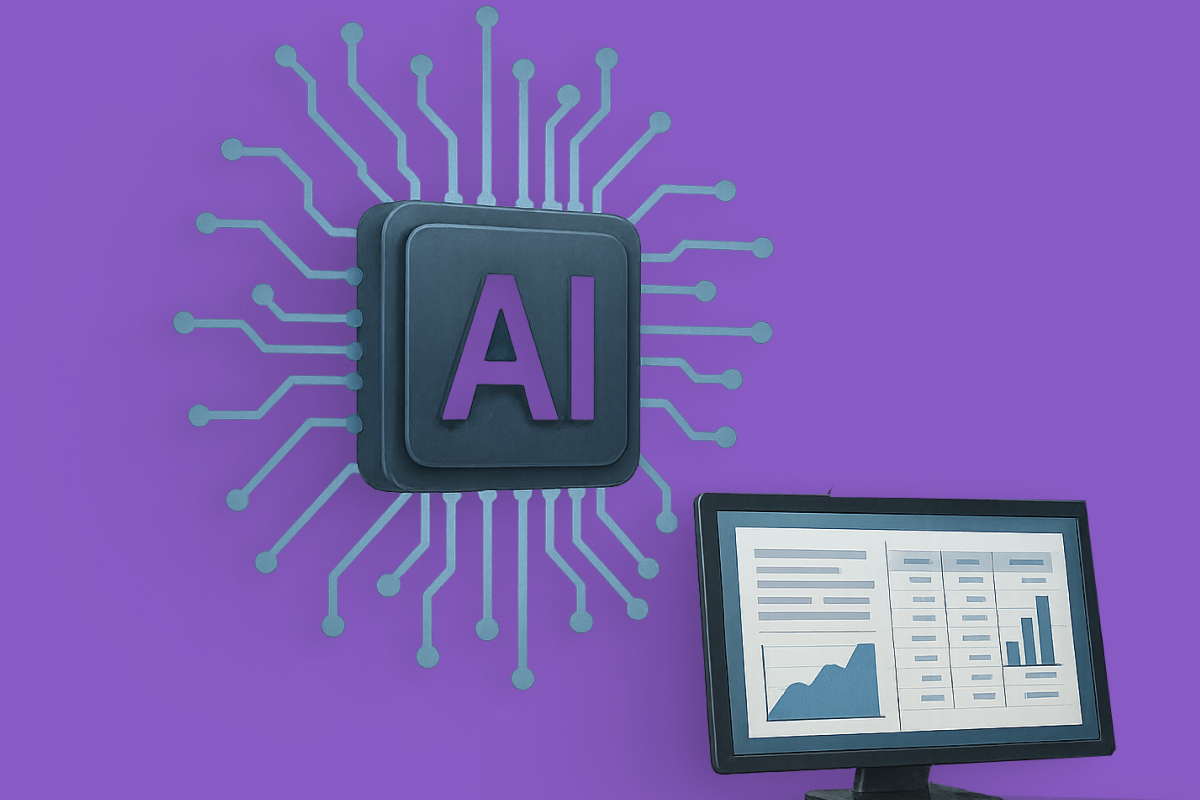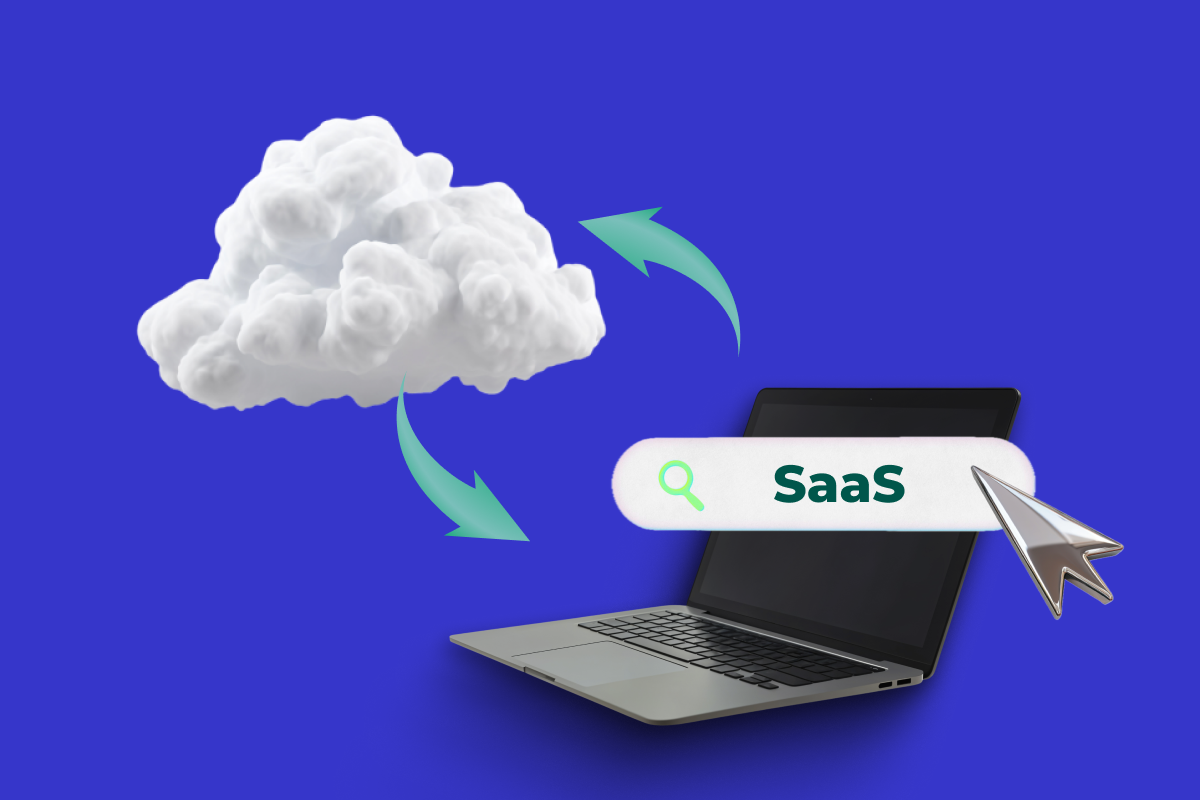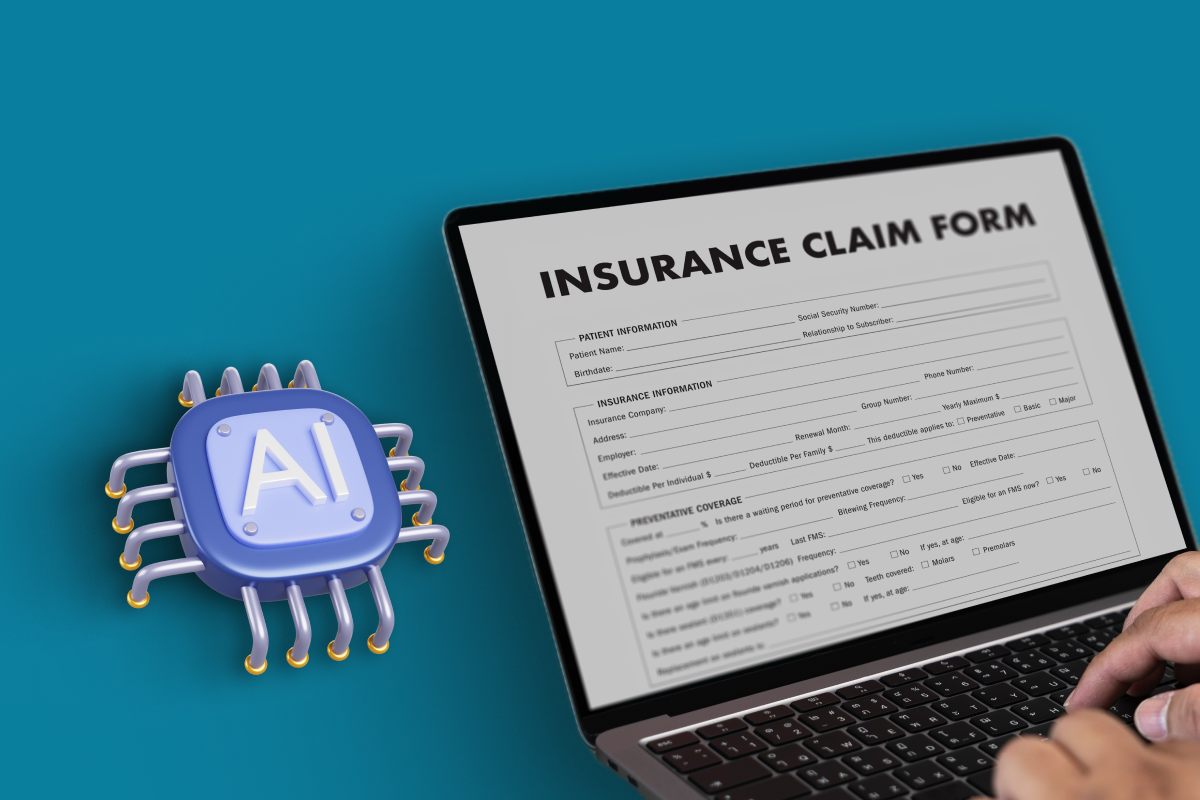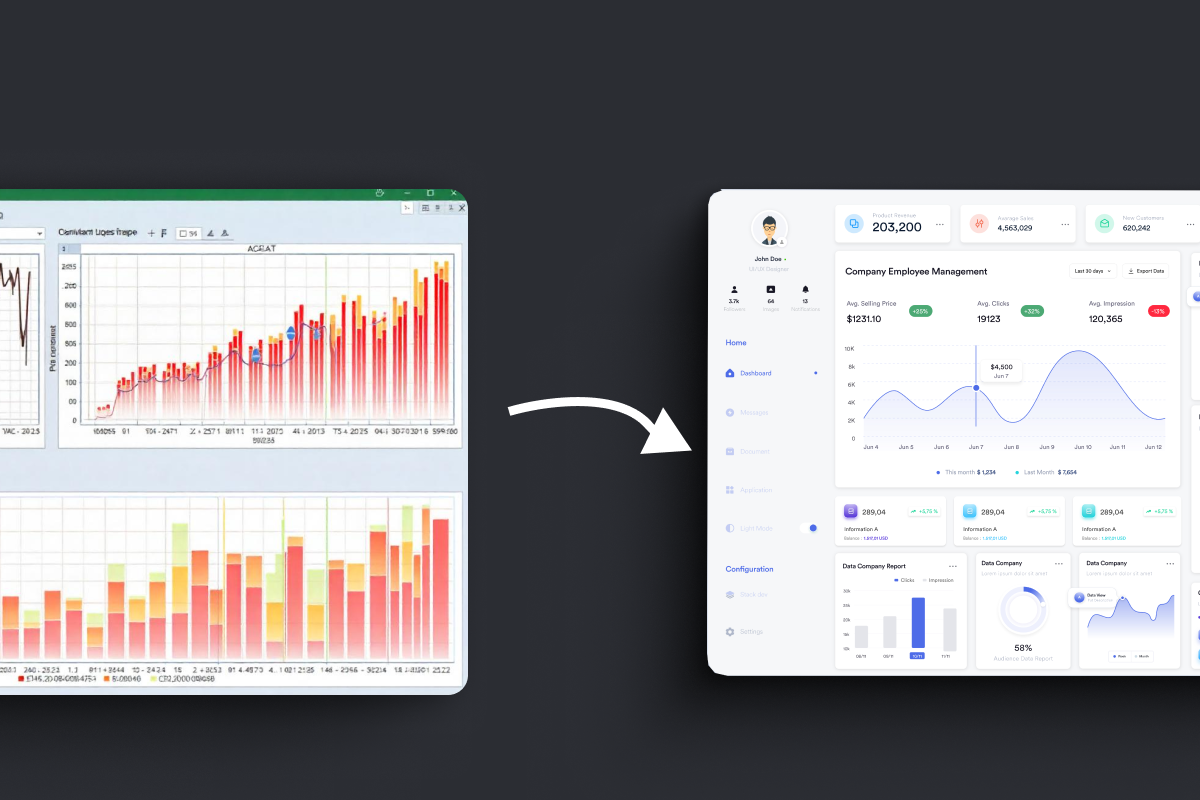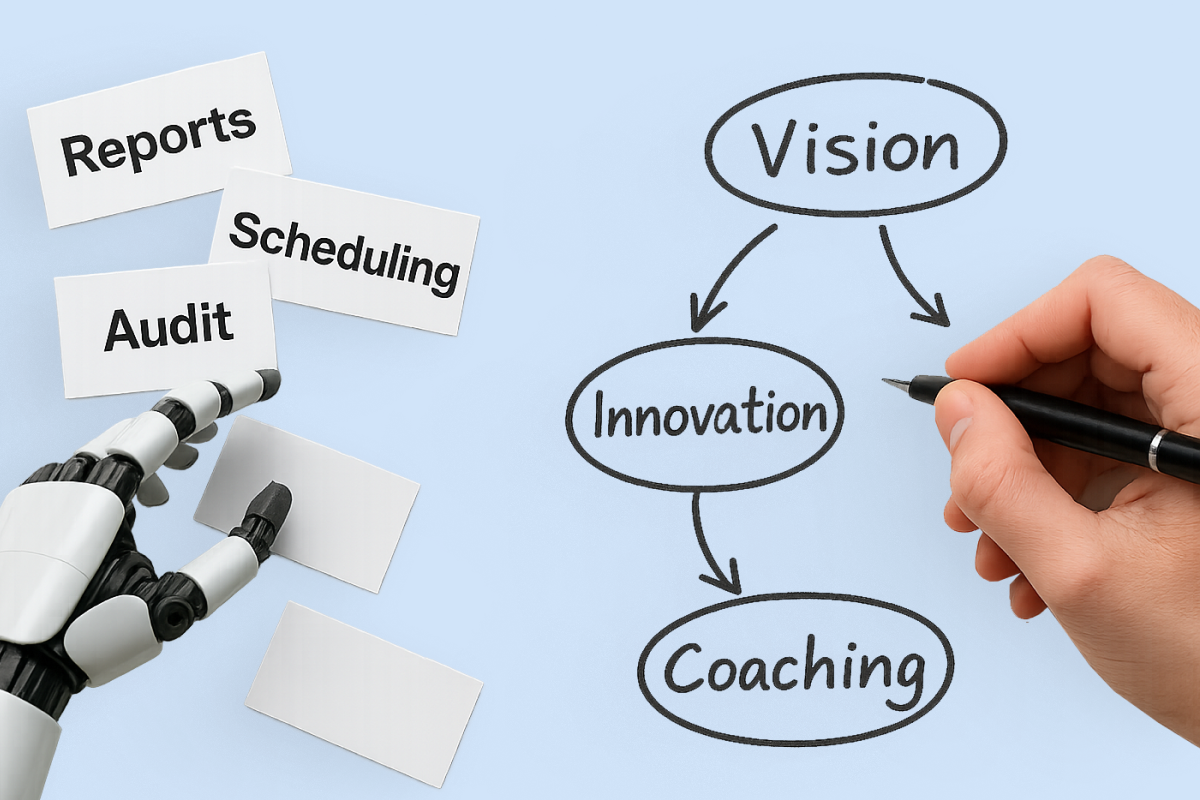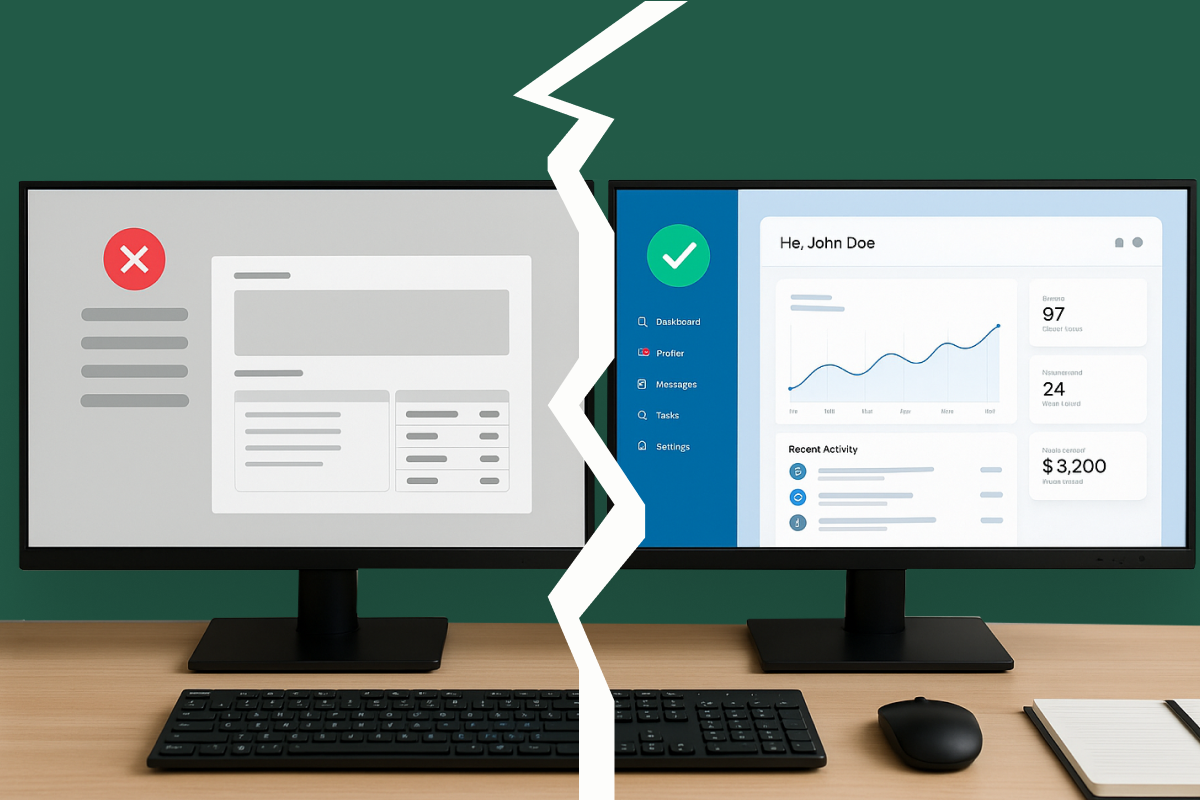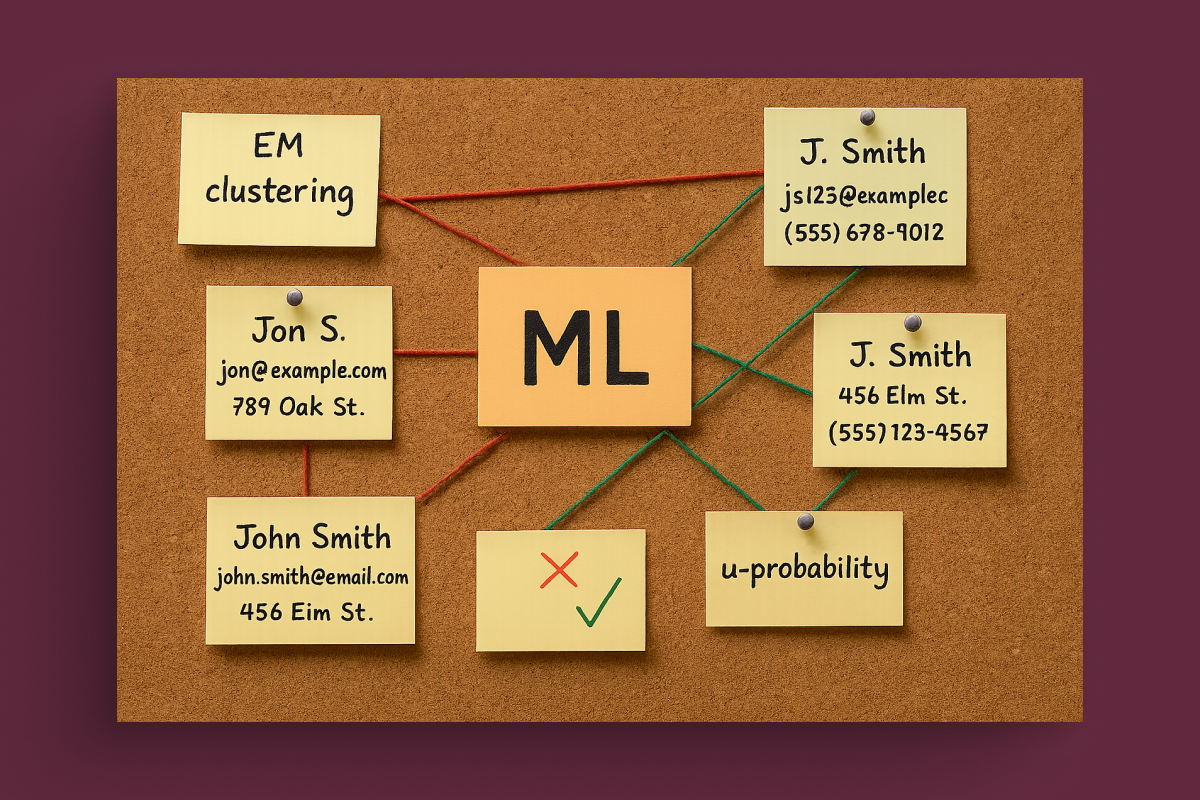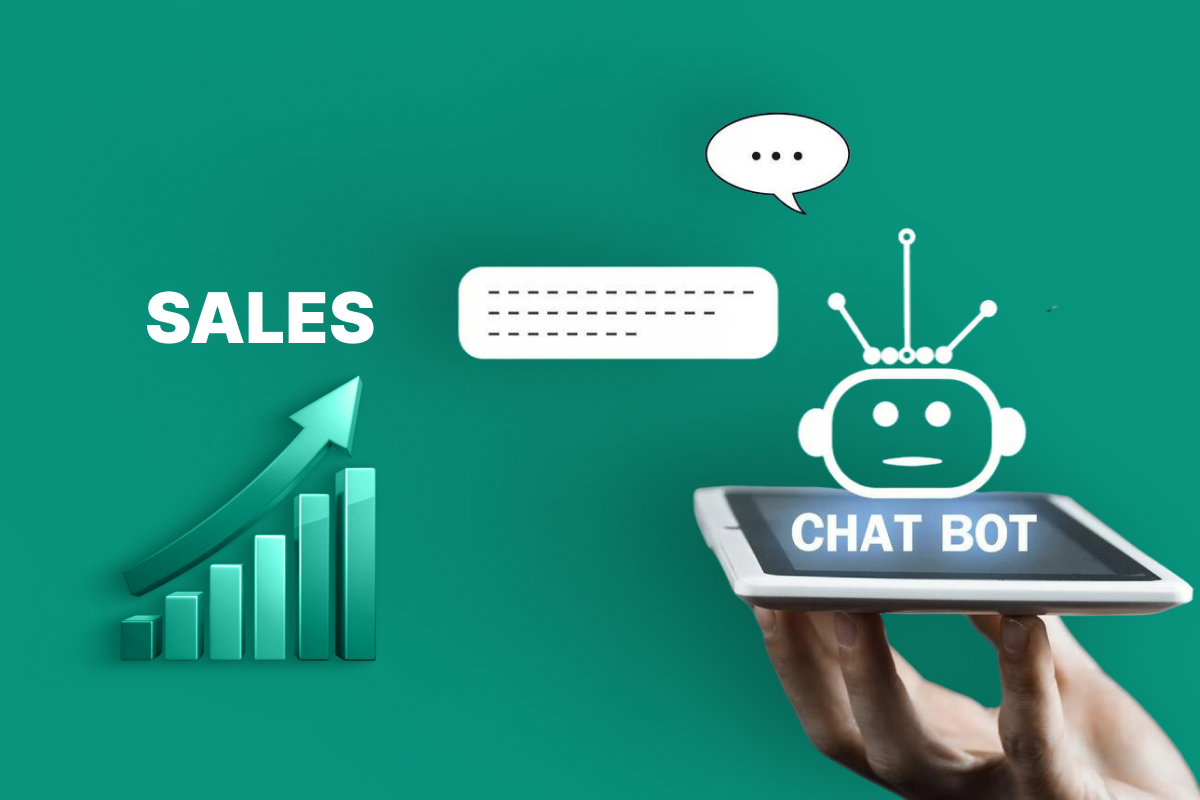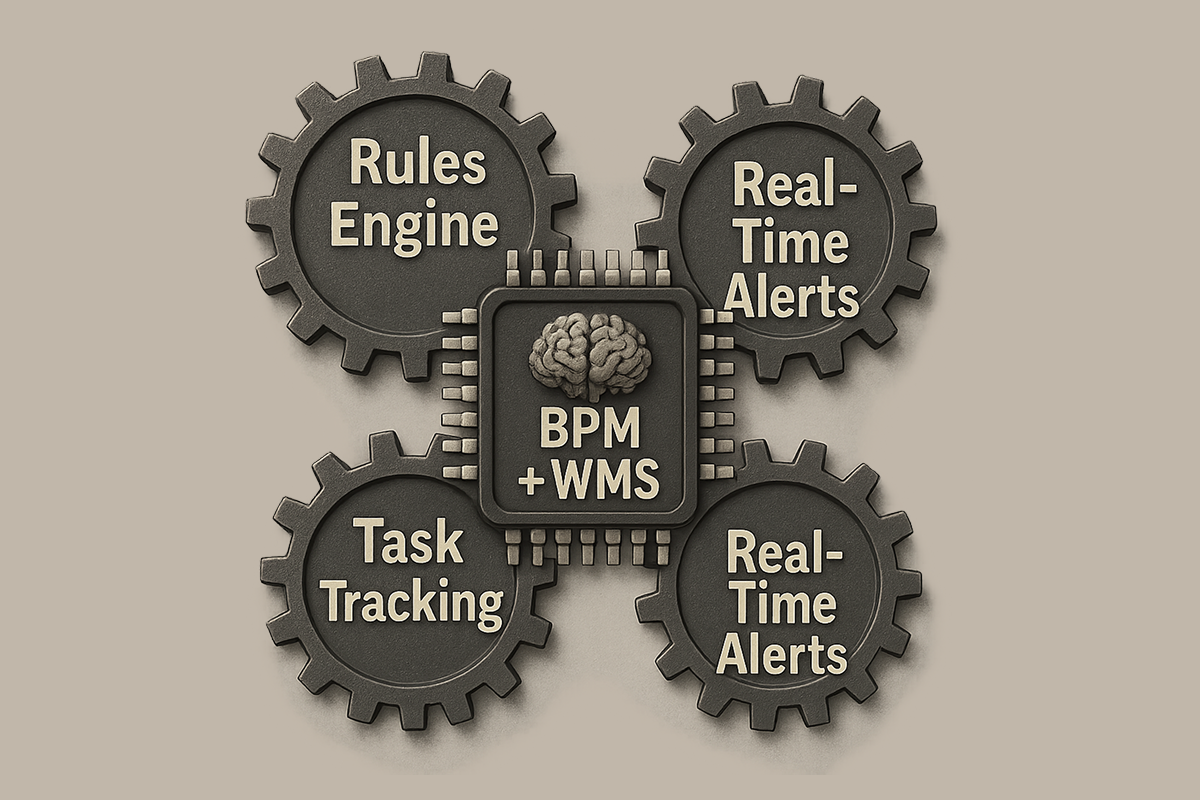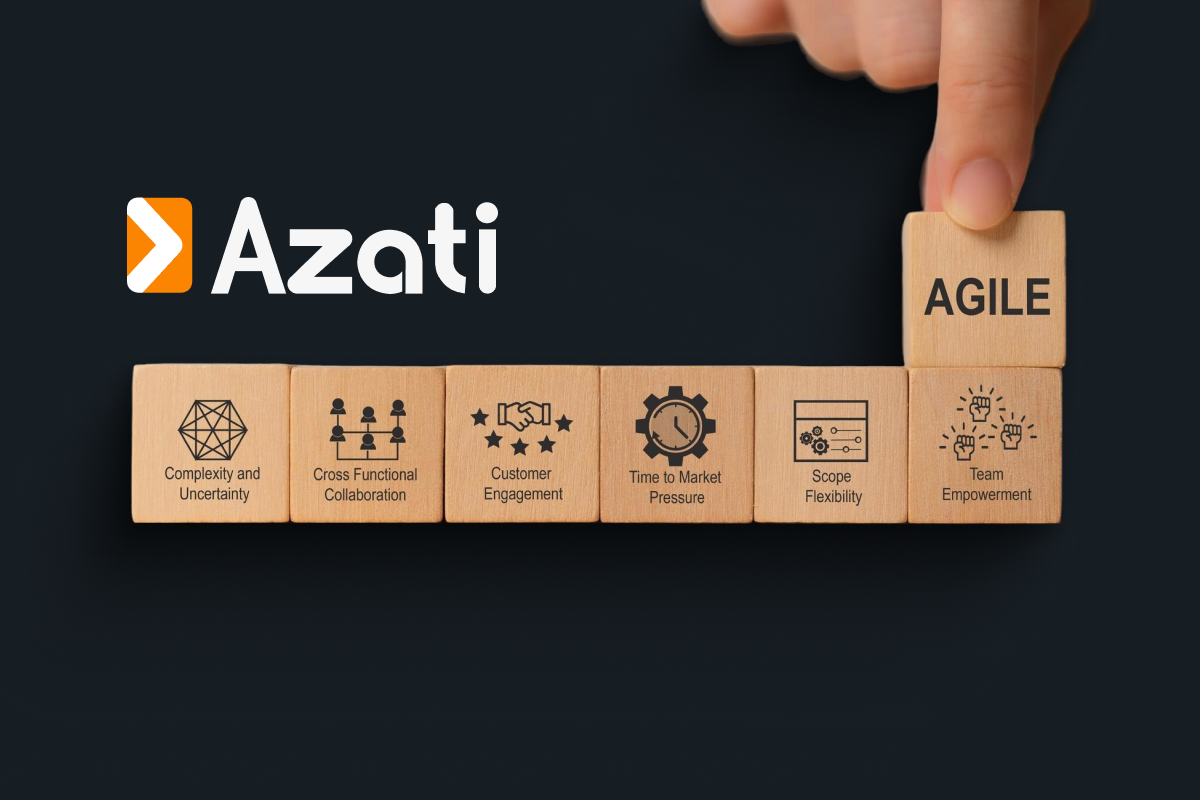Data is the lifeblood of modern business. But digital transformation today isn't just about scanning paper documents. To compete, companies need to pull real, actionable ideas from their information. AI, machine learning, and deep analytics are the tools for optimizing processes, personalizing customer interactions, and launching profitable new ventures.
However, despite access to data and cloud tech, many companies get stuck at the pilot stage, unable to deploy solutions effectively. This is where experienced data science partners become crucial. Their technical expertise, combined with a sharp understanding of business goals, rapidly turns data into a growth engine.
Why Internal Initiatives Often Fail to Scale
Many companies, even with good tech teams, experience operational bottlenecks:
- Getting machine learning models deployed company-wide remains a major hurdle.
- Lots of teams lack specialists for complex challenges like forecasting, NLP, or MLOps.
- Outdated or disconnected data systems slow everything down.
- Without strong ties to business goals, it’s hard to measure if a project is really working.
External specialists accelerate progress. They fill critical skill gaps, share hard-won experience with the right tools, and provide battle-tested solutions for tackling these very problems.
The Tangible Value of Expert Partnership
Move beyond theoretical concepts. Partnering with experienced data science practitioners cuts through complexity and delivers concrete results. Here's the core value proposition:
- Strategy Grounded in reality: cut through the AI buzz to focus on practical outcomes. Instead, focus on your specific business challenges and market dynamics to carve out a practical, high-impact roadmap. What problem delivers the fastest, most meaningful ROI? That's the priority. No buzzwords, just clarity.
- Models Tailored to your business challenges: Develop predictors trained on your actual data, messy and real-world. Struggling with customer churn? Fraud losses? Unreliable demand forecasts? Data Scientists build and rigorously stress-test models until they perform for your specific scenario. Validation isn't a formality; it's ensuring robustness.
- Operationalizing AI like industrial machinery: Models must transition from R&D to operational deployment. Build the reliable engine: automated training, rigorous testing, smooth deployments, and constant monitoring to catch the drift that will happen. (True MLOps is hard engineering, not magic.) Retrain systematically, proactively, not reactively.
- Data Infrastructure that holds up: Need a solid, scalable base? Specialists set up modern platforms (Snowflake, BigQuery, etc.) – but stay laser-focused on what actually works: integrating with legacy systems, turning raw data into ready-to-use fuel, and making sure it's manageable long-term. Scalable means it grows without falling apart.
- Getting insights where decisions happen: Underutilized analytical dashboards? Pointless. Put the intelligence directly into the tools your teams use every day: actions in the CRM, steps in ERP workflows, alerts for operations, or simple, powerful internal apps (Streamlit shines here). If it doesn't trigger action or shape a key decision, it's missed the point.
- The core outcome: This approach bypasses the endless proof-of-concept loops cycle. Expert partners bridge the gap between promising prototypes and production-grade solutions, generating measurable value. It's about building systems that solve your urgent problems, operate reliably, and scale sustainably without constant PhD intervention. That's the tangible ROI.
Business Impact: From Insight to Advantage
Let’s set aside the typical conference buzz. When does data science truly deliver value in business? It solves real problems and drives financial impact. Here are some examples of where it’s proven effective:
Retail
Pricing engines that tweak stuff hourly? They monitor competitor pricing, track inventory aging, and analyze what customers are browsing in real time. One retailer saw a 4.7% increase in profit margin without sacrificing sales by balancing these factors.
Accurate demand forecasting? This involves combining weather patterns, local events, and social media signals to predict customer needs. A Midwest chain avoided overstocking low-demand products last holiday season, saving $12 million in markdown costs.
Those "you might also like" things? Effective systems analyze recent customer behavior and purchasing patterns of similar shoppers. When well-tuned, they can increase average basket size by up to 20%.
Banking & Finance
Scoring people with thin files? Classic FICO ignores useful non-traditional indicators such as cash flow trends or how often they check their balance. New models using that stuff approved 23% more applicants at one credit union – defaults dipped slightly, somehow.
Fraud systems that don’t decline your best customers? The good ones spot stolen cards before the coffee’s cold – we’re talking under 200ms – while cutting false positives by like 80-90%. Huge for customer satisfaction (and saving ops headaches).
Finding high-value customers before they leave? Lifetime value models that work ID customers are worth 10x the acquisition cost early. Let you stop wasting retention budget on low-value customers who’ll bail anyway.
Healthcare (Where Mistakes Hurt)
Early warning systems for patient crashes? Models combining vitals, medical history, and even nurse notes flagged sepsis risks a full day earlier at one hospital group. ICU transfers dropped 18%, which matters when beds cost $10k/night.
Turning handwritten clinical notes into data? NLP tools that extract key findings from clinical notes save coders hours per chart. More importantly, they cut diagnostic delays. Saw one place shave 2 days off liver disease confirmations.
Second eyes on scans? Assistive AI finds subtle fractures or bleeds that radiologists occasionally miss. Meta-studies show a drop in misses, like 30-40% in some cases. Not replacing docs – just patching human exhaustion.
Across all industries, the common thread is transformation through insight: operational bottlenecks are eliminated, customer understanding is deepened, and growth becomes more data-driven and scalable.
Data science enables organizations not just to react, but to anticipate, optimize, and innovate - building long-term competitive advantage in an increasingly digital world.
Key Takeaways
Data is only valuable when it’s actionable, and actionability requires a mix of engineering, modeling, and business alignment. Working with experienced data science professionals can significantly reduce time-to-value and help avoid common pitfalls that stall internal teams.
By partnering with experts, companies can:
- Scale faster without rebuilding in-house capabilities from scratch
- Gain access to specialized knowledge and reusable components
- Ensure models are built, deployed, and maintained using best practices
- Focus internal efforts on strategic innovation rather than technical overhead
Conclusion
Data science has become more critical than ever for driving business success. But unlocking it? That's not about accumulating large volumes of unstructured data or hiring entry-level data scientists to make pretty dashboards. It's about:
Partnering with people who've delivered real-world solutions before? That's the accelerator. They turn "digital transformation" from a consultant buzzword to actual margin growth.
Want to automate decisions? Forecast demand without embarrassing misses? Weave AI into customer flows without being overly intrusive or privacy-invasive? Skilled outsiders can be the catalyst that moves vision from PowerPoint to P&L impact.
At Azati, we help companies stop wasting data. We build custom AI that survives contact with reality, fix analytics that actually guide decisions, and do it without extended planning and over-engineering.
Let’s talk about how we can support your digital transformation journey. Contact us to start the conversation.
